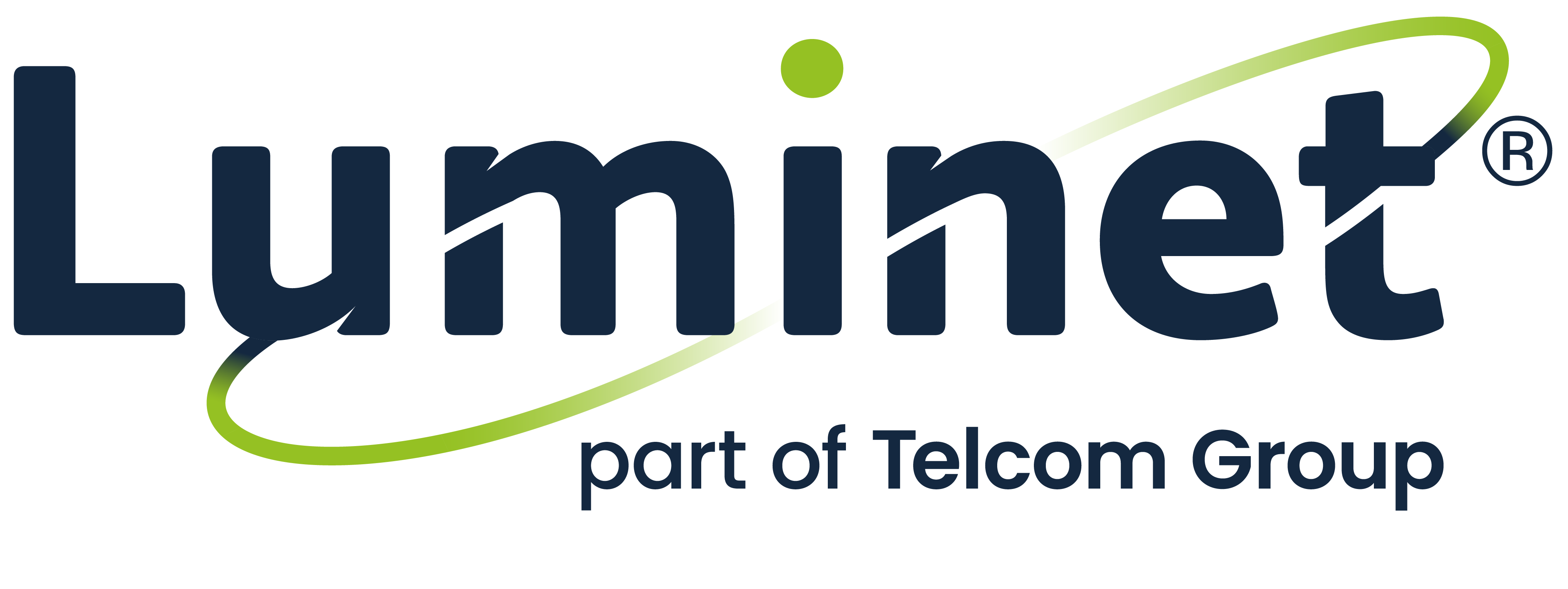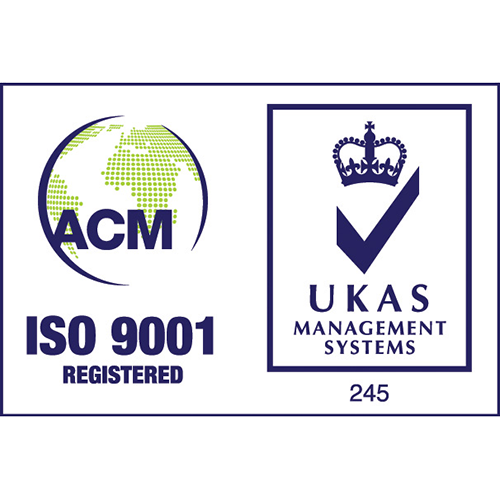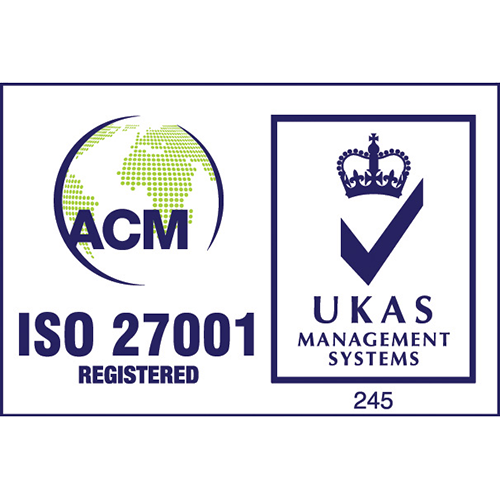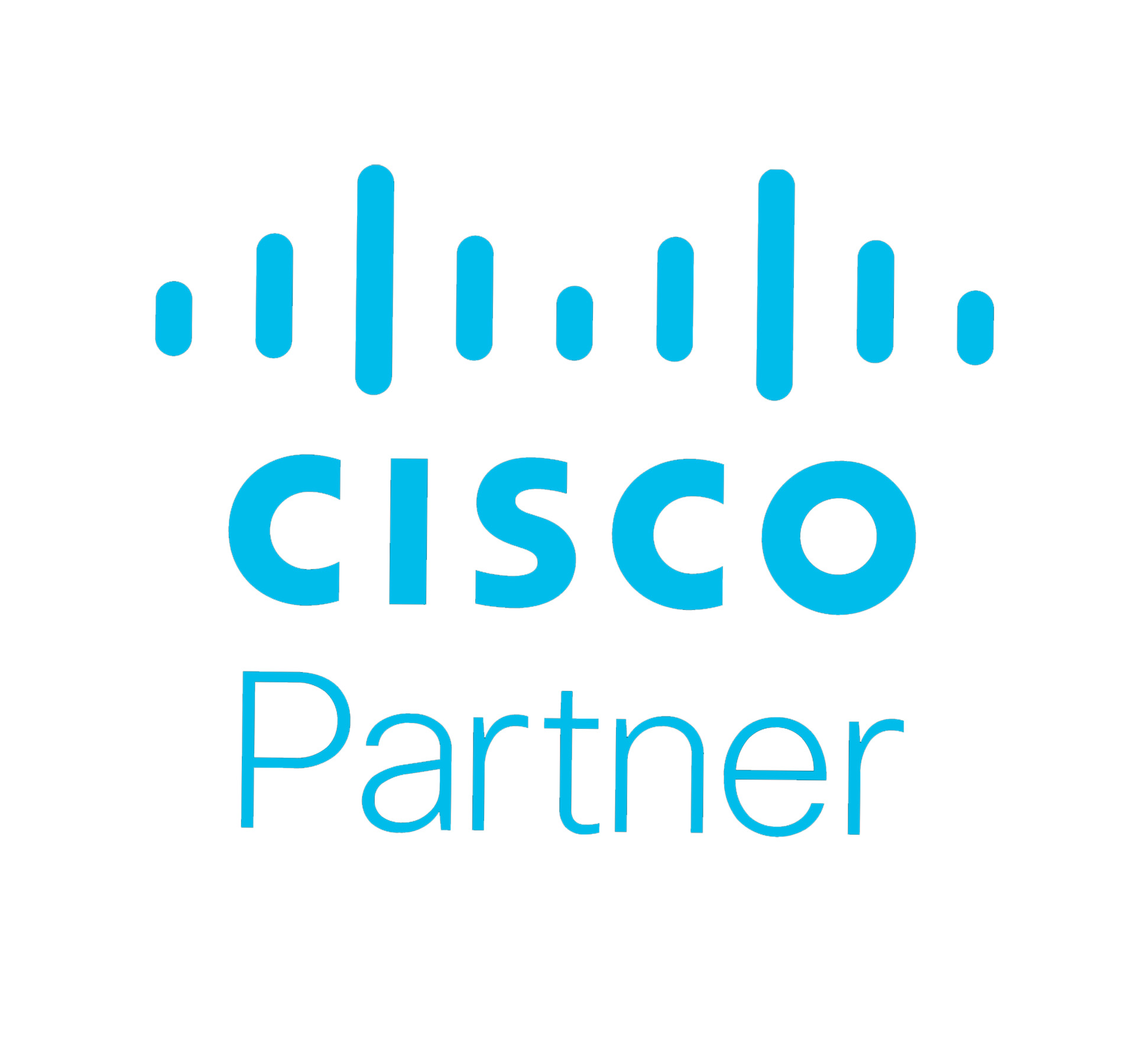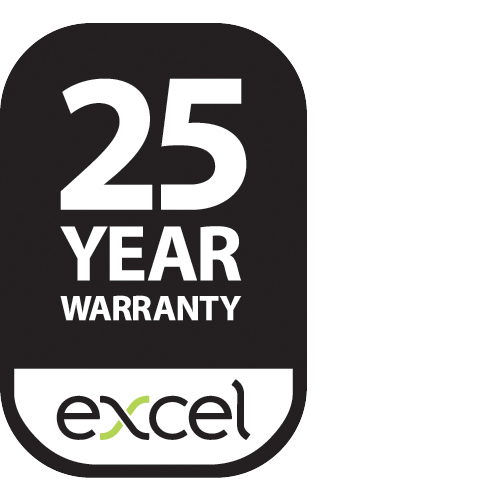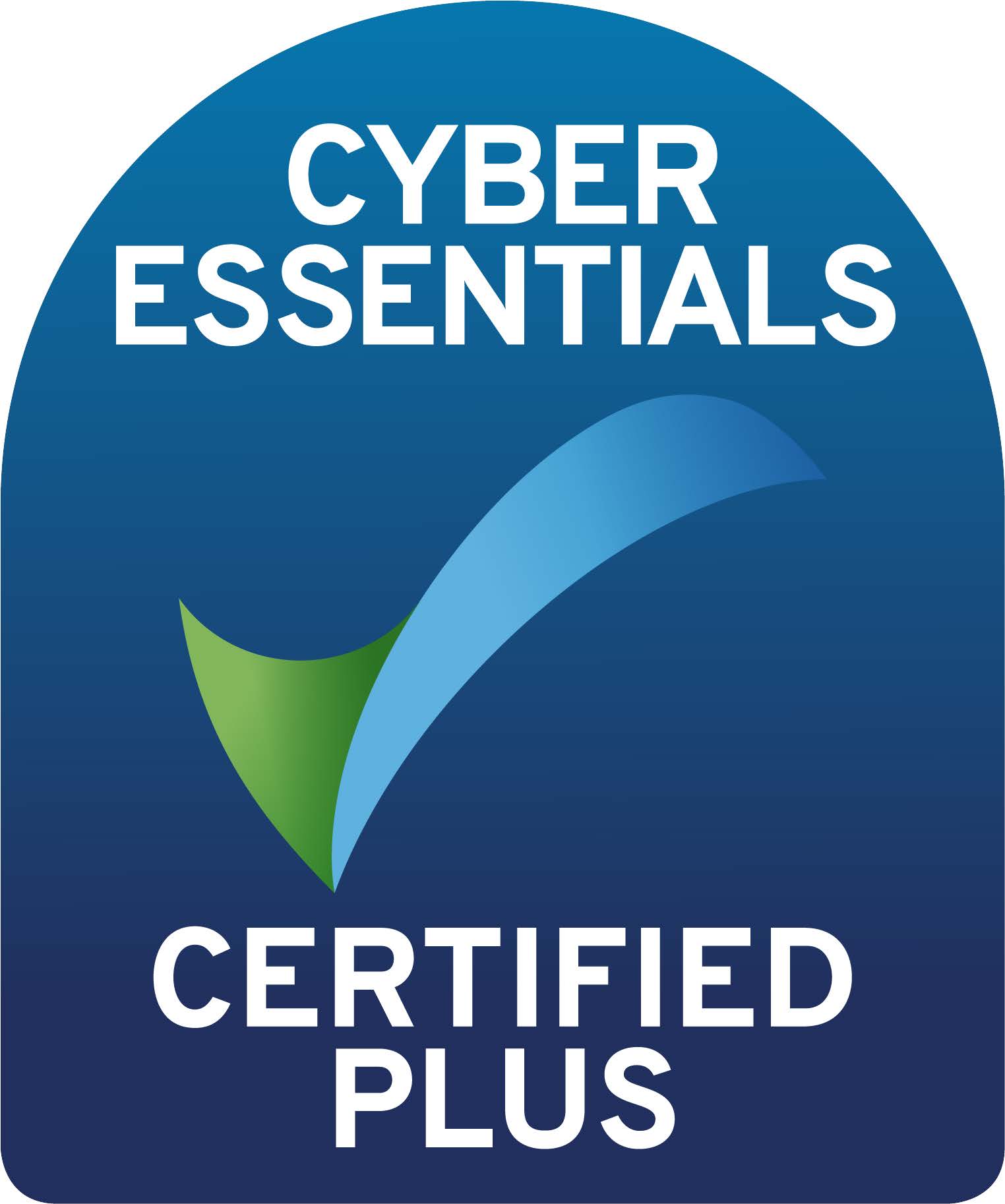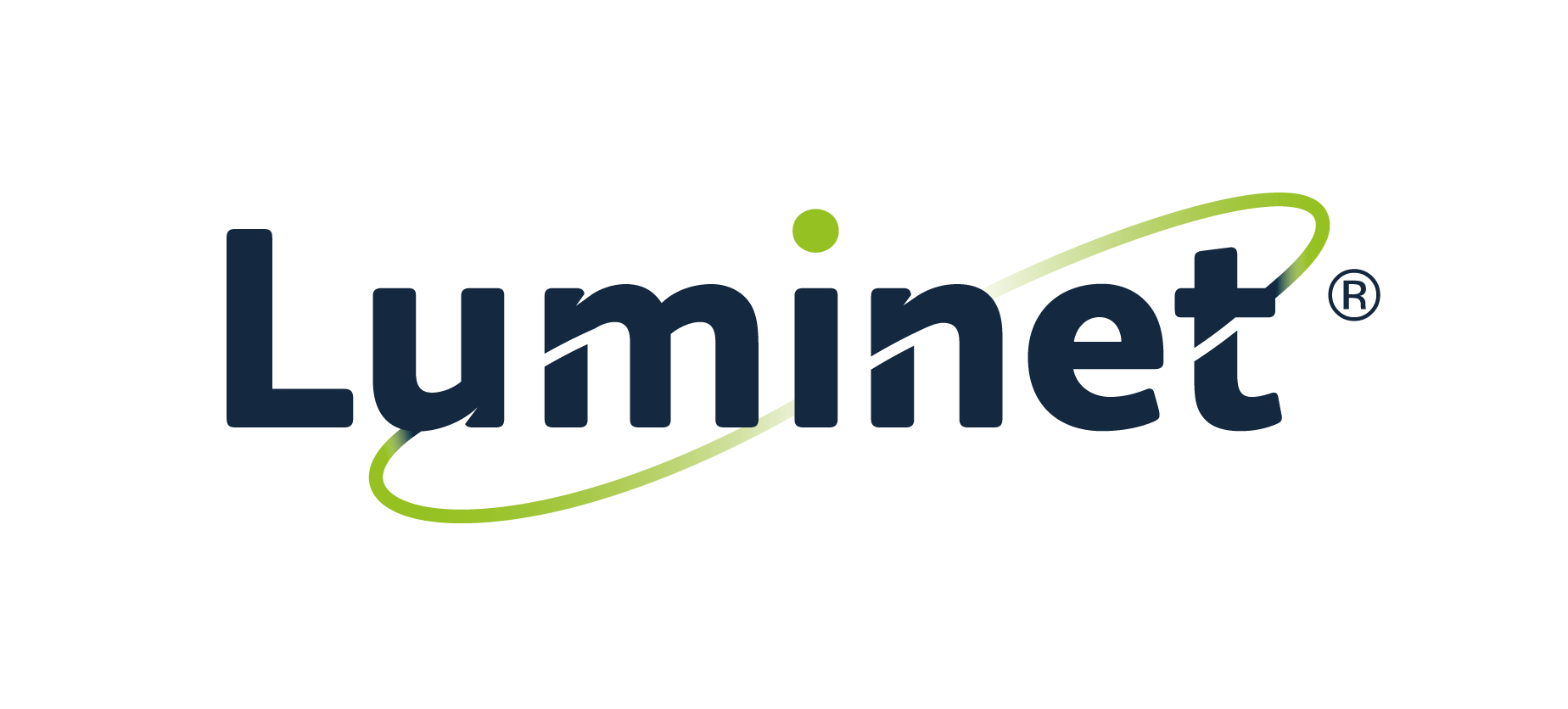More freedom and opportunity for landlords with multi-tenant internet connectivity
More freedom and opportunity for landlords with multi-tenant internet connectivity
In the highly competitive London property market, landlords seeking the top rents have to stand out with a superior offering. And arguably the most fundamental requirement of any commercial tenant is the one thing that it surprisingly difficult to obtain in the capital: ultra-high speed, low latency connectivity – on demand.
The importance of connectivity when choosing business premises is exemplified in the growing popularity and awareness around WiredScore: the independent certification for rating the infrastructure, connectivity and technological capacity of commercial buildings. WiredScore is the official Mayor of London Digital Connectivity Rating Scheme, and scores buildings against a four-tier certification system. It is sought after and celebrated by the likes of The Shard, White Collar Factory, Tea Building and 22 Bishopsgate.
Landlords’ connectivity catch-22
Ultrafast internet connectivity is considered an essential utility for today’s digitally-enabled enterprises, but this puts commercial property owners and landlords in a tricky situation. On the one hand they know that a key factor influencing prospective tenants’ business premises selection is whether it is internet-ready. On the other, the high risk and cost associated with ordering a connection prior to securing any tenants makes this option unfeasible.
Compounding the problem is the unpredictability of how long it can take between ordering a connection and having the line activated due to delays in obtaining approvals and wayleave agreements.
Connectivity issues – a potential barrier to innovation?
All this threatens to stagnate innovation in the property sector, as landlords seek to develop smart building capabilities, tempt fast-growing companies out of shared coworking space, and capitalise on London’s position as a global centre for the technology and financial services industries.
One such innovation is the so-called ‘Cat A+’ property; an idea first dreamt up by London-based fit-out specialists Thirdway. Traditionally, landlords either fit-out building lots in response to bespoke tenant instructions (a Cat B fit-out) or create a basic ‘blank canvas’ environment ready for any tenant to convert into their office vision (a Cat A fit-out). The idea of a Cat A+ fit-out sees landlords create the best of both worlds: a ready-to-use ‘plug and play’ workspace complete with connectivity, data infrastructure and other essential amenities.
However, the inconvenient truth is that this kind of innovation is hampered by the catch-22 restrictions encountered by London commercial property landlords and facilities managers.
Introducing MTI – low risk, high value multi-tenant internet
Luminet’s response has been to develop a new service called Multi-Tenant Internet (MTI). MTI works by ‘lighting up’ multi-tenant properties with a Luminet Wireless Pro connection delivering aggregate speeds up to 5Gbps. This can then be distributed among tenants accordingly, with each provided with their own VLANs and IP address range. By bringing the connection into their buildings, property owners are able to improve their certification level with WiredScore and other building facilities rating systems.
The introduction of MTI last year came at a pivotal moment for landlords; softening the blow of the stringent requirements set out in the controversial new Electronic Communications Code (otherwise known as the ‘Telecoms Code’).
Steering clear of troublesome ‘Telecoms Code’M
The Code unquestionably makes life tougher for landlords when it comes to their legal rights and risks in relation to facilitating telecommunications infrastructure on their property. So much so, in fact, that many industry experts are concerned about the chilling effect the Code is likely to have on the rollout of new 5G masts – even though the legislation was introduced in order to encourage it..
Under the new laws, the UK’s 127 registered Code Operators (all the main mobile, broadband, fixed line and other telecoms service provider providing a public benefit) have been equipped with far more favourable statutory rights governing notice periods, disputes, access rights, valuations and more. The good news is that Luminet is not a Code Operator and landlords using the MTI service are unaffected by these changes.
Start delivering the future without delay
MTI provides properties with secure, reliable, flexible, scalable always-on connectivity to help support and future-proof business requirements. Installs take between 5–10 days and, because of the unobstructive nature of its rooftop infrastructure, require none of the delay, risk or expense associated with wayleaves or planning permissions.
Businesses need fast reliable internet connectivity that runs effectively regardless of the number of users and bandwidth required – all underpinned by an SLA. MTI draws upon Luminet’s resilient, high performance ‘network in the sky’, which covers London with symmetrical upload and download speeds and guaranteed uncontended connectivity.
By contrast, 4G services cannot provide uncontended connectivity and do not come with an SLA. 5G is still in testing and is not yet available until 2020 or later.
Find out more about Luminet’s multi-tenant internet service.
Contact me to “get connected”.
